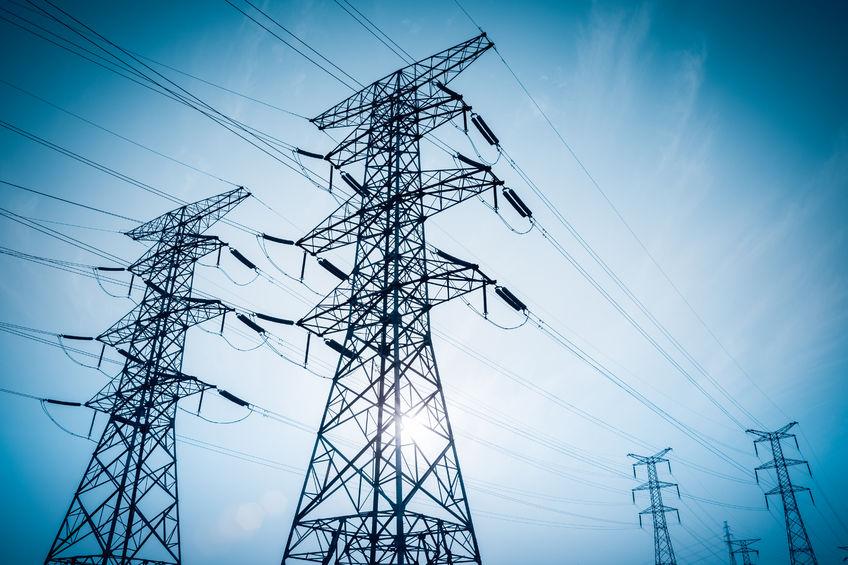
Farmers interested in developing grid balancing services are advised to act quickly as application fees will be enforced from the 6 April.
An increase in renewable energy coupled with the UK’s desire to move away from fossil fuels has led to the expansion of ‘Demand Response’ developments to avoid key supply points suffering outages.
This, in turn, presents an opportunity for farmers and landowners who own rights to appropriate development sites to secure a viable grid connection,.
According to rural property experts Carter Jonas, this can unlock significant opportunities in Energy Storage and Peak Power Generation schemes.
Demand Response developments have the capability to respond instantly as imbalances between supply, from intermittent renewable generation, and demand occur to keep the transmission grid balanced and within the required frequency range.
Through a series of National Grid Electricity Transmission tender processes, transmission grid imbalances will be avoided, which could otherwise cause generators to trip and turn off and consumers to experience power cuts. Energy Storage and Peak Power Generation are key enablers of this capability.
Upcoming fees
Alison Cheetham, an Energy Specialist at Carter Jonas said whilst it is a lucrative opportunity, the Department for Business, Energy and Industrial Strategy (BEIS) have now confirmed that they will allow Distribution Network Operators (DNOs) to charge upfront for those requiring a grid connection in the form of Assessment and Design (A&D) Fees.
These fees will come into play from the 06 April via new legislation, following the results of stakeholder consultations which the Government responded to in February of this year.
DNOs do not currently charge for providing either budget or formal grid connection quotations because it is their statutory duty to facilitate connections, with costs recovered via those connections accepted and progressed.
This means an assessment of the grid network and a site’s viability can currently be obtained freely, which has caused conflict within the industry as grid connection acceptances are very infrequent for connections into the Extra High Voltage (EHV) network, where Demand Response developments typically connect which pushes up the price of connections and reduces the viability of the projects across the country.
Heavily enforced
DNOs are left to fix their own charging schedule for both budget and formal grid connection applications as there is no set definition of what the legislation entails.
They can charge for all reasonably incurred expenses, and although fees will not be compulsory, DNOs have confirmed that they will be heavily enforced.
Northern Powergrid (NPG), who manage the north east and Yorkshire have confirmed that fees are likely to range from £150 to £620 for budget quotations and £330 to £7880 for formal quotations depending on voltage level and whether the quote is providing a full or non-contestable works (HV to EHV quotations).
According to Alison Cheetham, these quotation fees will make it more difficult for farmers and landowners to investigate the potential of their land.
